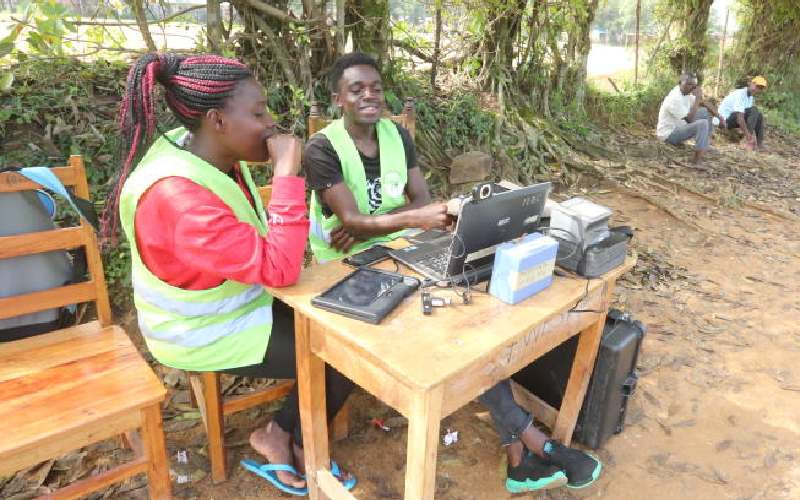×
The Standard e-Paper
Kenya’s Boldest Voice

IEBC officials wait to register voters at Ebuchinga primary school in Lurambi, Kakamega county on November 4, 2021. [Benjamin Sakwa, Standard]
Today let's do a root cause analysis of why politicians are dishing out money to citizens during their early campaigns. Observably, politicians have realised that the prospective voter is more in interested in money than manifestos.